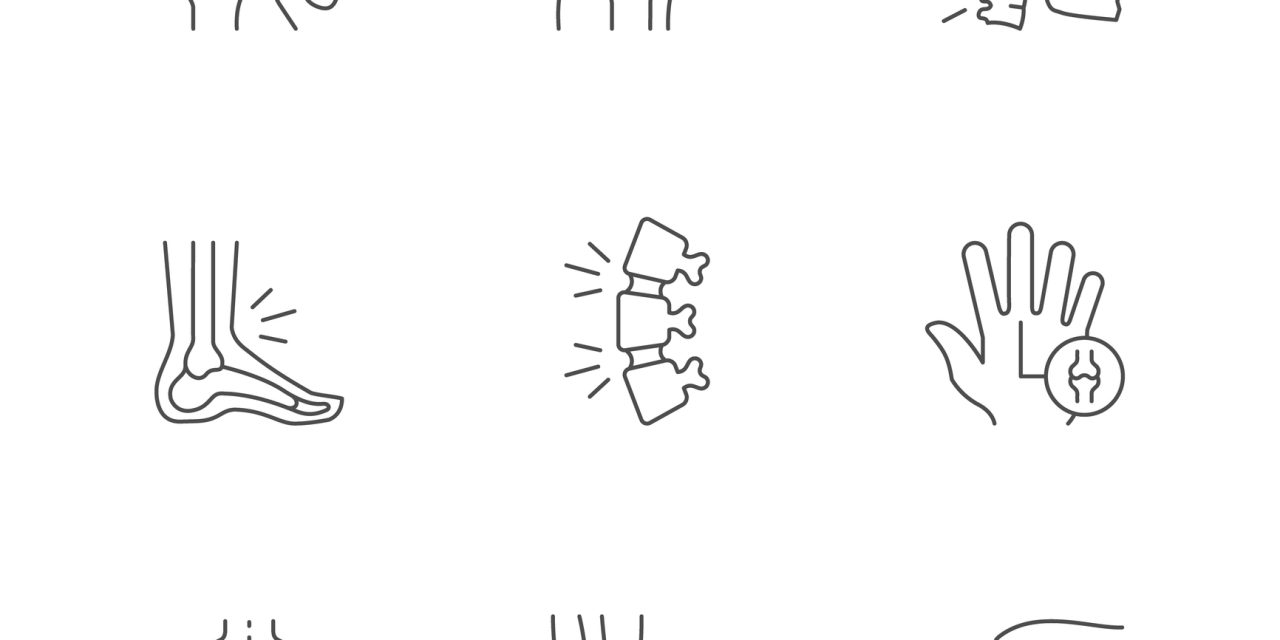Outpatient child and adolescent mental health services (CAMHS) are faced with the challenge of balancing increasing demands with limited resources. An additional challenge is high rejection rates of referrals which causes frustration for referring agents and families. In order to effectively plan and allocate available resources within CAMHS there is a need for up-to-date knowledge on referral patterns and factors associated with rejection of referrals.
In this cross-sectional observational study we did a retrospective review of all referrals (n = 1825) for children (0-18) referred for assessment at the outpatient CAMHS of the North Denmark Region in 2018.
The most common referral reasons to CAMHS were attention deficit disorder (ADHD/ADD) (27.9%), autism spectrum disorder (22.4%), affective disorders (14.0%) and anxiety disorders (11.6%). The majority of referrals came from general practitioners, but for neurodevelopmental disorders educational psychologists were the primary referral source. Re-referrals constituted more than a third of all referrals (35.9%). Children in care were overrepresented in this clinical sample and had an increased risk (Adj. OR 2.54) of having their referrals rejected by CAMHS. Referrals from general practitioners were also associated with an increased risk of rejection (Adj. OR 3.29).
A high proportion of children with mental disorders have a repeated need for assessment by CAMHS. There is a need for future research on predictors of re-referral to outpatient services to identify potential targets for reducing re-referral rates as well as research on how to optimize service provision for children with a repeated need for assessment. General practitioners are the main gatekeepers to CAMHS and research on interventions to improve the referral process should be aimed towards general practitioners.
© 2021. The Author(s).
Referral patterns to outpatient child and adolescent mental health services and factors associated with referrals being rejected. A cross-sectional observational study.


